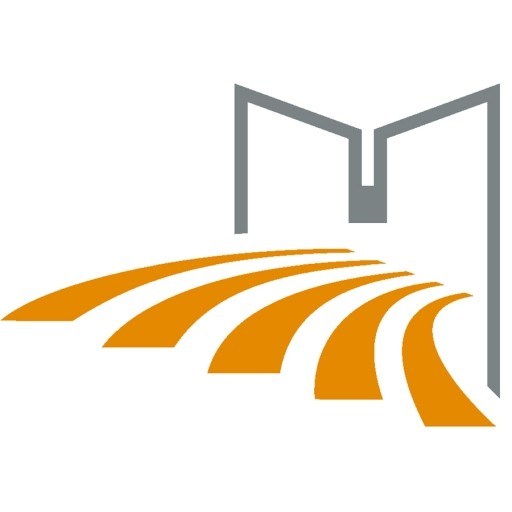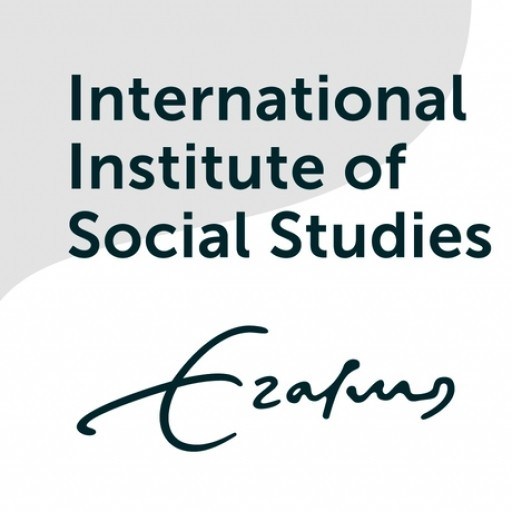Photos of university / #londonschoolofeconomics
The MSc Development and Humanitarian Action at the London School of Economics and Political Science (LSE) is a distinctive postgraduate program designed to equip students with the knowledge and skills necessary to address complex development challenges and humanitarian crises around the world. This rigorous program combines theoretical understanding with practical approaches, preparing graduates for impactful careers in international development, humanitarian aid, policy analysis, and related fields. Students will explore core issues such as poverty, inequality, conflict, and environmental sustainability, alongside the principles and practices of humanitarian assistance, emergency response, and development policy formulation.
The curriculum emphasizes multidisciplinary perspectives, integrating insights from economics, political science, sociology, and international relations. Throughout the course, students engage with case studies, policy debates, and empirical research to critically assess the effectiveness of various development strategies and humanitarian interventions. The program also offers opportunities for practical engagement through internships, research projects, and collaborations with NGOs, intergovernmental organizations, and government agencies.
Designed for those who wish to advance their careers in international development or humanitarian sectors, the MSc Development and Humanitarian Action at LSE fosters analytical thinking, policy relevance, and ethical considerations. Graduates will be well-prepared to work in diverse environments, including field operations, policy analysis, advocacy, and program management. The program’s faculty comprises leading researchers and practitioners who bring a wealth of experience and expertise, enriching the learning process with real-world insights.
Students benefit from LSE’s vibrant academic community, extensive network, and access to seminars, workshops, and conferences on global development and humanitarian issues. Whether aiming for careers in international organizations, government bodies, NGOs, or research institutions, graduates of this program will develop the competencies necessary to contribute effectively to sustainable development and humanitarian efforts worldwide.
The MSc in NGOs and Development at the London School of Economics and Political Science (LSE) offers a comprehensive and multidisciplinary approach to understanding the crucial role of non-governmental organizations (NGOs) within the broader context of international development. The program is designed to equip students with both theoretical frameworks and practical skills necessary to analyze, manage, and evaluate NGOs' impact in diverse socio-economic and political environments worldwide. Throughout the course, students explore the history, evolution, and diverse functions of NGOs, including their roles in advocacy, service delivery, and policy influence. Central to the curriculum are modules that examine the challenges and opportunities NGOs face in promoting sustainable development, social justice, and human rights.
Students engage with key contemporary issues such as aid effectiveness, governance, accountability, and the interplay between NGOs and state actors, private sector, and communities. The program emphasizes critical analysis of development theories and practices, encouraging students to assess the effectiveness of various NGO strategies and interventions. Practical skills are also a core component, with training in project management, fundraising, monitoring and evaluation, and ethical considerations in development work. The program fosters a global perspective, drawing on case studies from different regions to illustrate successes and failures in NGO initiatives.
Research methods training forms a vital part of the curriculum, enabling students to undertake independent investigations into specific development challenges and NGO activities. The MSc also offers opportunities for internships, fieldwork, and collaboration with development organizations, providing real-world experience and networking opportunities. Graduates of the program are prepared for careers in NGOs, international agencies, government bodies, and consultancy firms engaged in development and humanitarian work. Overall, this program aims to develop well-informed, critically-minded practitioners who can effectively contribute to positive social change through innovative and ethical development practices.
The MSc in NGOs and Development at the London School of Economics and Political Science requires applicants to hold a good undergraduate degree, typically at least a second-class bachelor's degree or equivalent, in a relevant discipline such as development studies, social sciences, or related fields. Applicants are expected to demonstrate a strong interest in non-governmental organizations, development policy, and social change initiatives. Prior experience in NGOs or development work is advantageous but not mandatory. As part of the application process, candidates must submit a detailed personal statement outlining their motivation for studying the programme, relevant academic background, and professional experience if any. They should also provide two references, preferably academic, that can attest to their suitability for postgraduate study. Proficiency in English is required, demonstrated by a valid test score such as IELTS or TOEFL, with the minimum scores specified by the university. The programme seeks students with analytical skills, a commitment to social justice, and an understanding of international development issues. The curriculum combines core modules on NGOs, development theories, and policy analysis with optional courses allowing students to deepen their knowledge in areas like humanitarian intervention, advocacy, and sustainable development. Assessments include essays, project reports, presentations, and examinations. Students are also encouraged to undertake a dissertation or research project, which involves independent investigation into a relevant NGO or development topic, under supervision. The programme typically lasts one year full-time, with possibilities for part-time study. Successful graduates gain critical insights into the role of NGOs in development, alongside practical skills in advocacy, program management, and policy analysis, preparing them for careers in international organizations, government agencies, or the NGO sector.
The financing of NGO and Development programs at the London School of Economics and Political Science (LSE) primarily involves a combination of funding sources that ensure the sustainability and effectiveness of the initiatives. Tuition fees are the main financial component for students enrolled in relevant MSc programs, with fees varying depending on the specific course and student status (UK, EU, or international). These fees contribute to the overall budget that supports research, faculty, and administrative costs associated with the programs.
In addition to tuition, students may access a range of scholarships, bursaries, and financial aid options offered by LSE, designed to assist those demonstrating exceptional academic merit or financial need. Many students pursue external funding through grants from international organizations, NGOs, governmental agencies, and development agencies that prioritize capacity building and development projects aligned with the program’s focus. Scholarships from organizations such as the Chevening Scholarship, the Commonwealth Scholarship, and joint funding initiatives with partner institutions can significantly offset costs.
Furthermore, research grants constitute a notable source of funding for program faculty and associated projects. These grants are awarded by agencies such as the UK Research and Innovation (UKRI), the World Bank, the United Nations, and other development-focused bodies. These funds are often directed towards comparative research, field studies, and policy analysis, supplementing the university's financial resources.
Participation in consultancy projects, policy advisory services, and collaborative research with NGOs and development agencies can generate additional income streams, facilitating real-world application of academic research and enabling students to gain practical experience while contributing to program funding. Endowments and philanthropic donations also play a role in securing long-term investment for the program's curriculum development and infrastructure.
Overall, the combined financial strategy of tuition income, scholarships, research grants, external funding, and consulting revenues ensures the program's sustainability. It allows LSE to maintain high academic standards, support research endeavors, and foster innovative development solutions, ultimately advancing the university’s mission to promote social justice and developmental progress globally.
The MSc in NGOs and Development at the London School of Economics and Political Science is a specialized postgraduate program designed to provide students with an in-depth understanding of the role and impact of non-governmental organizations within the broader context of global development. This program combines rigorous academic coursework with practical insights into the functioning, challenges, and opportunities faced by NGOs operating across different regions of the world.
Students enrolled in this MSc program explore a wide range of topics, including the history and evolution of NGOs, their organizational structures, funding mechanisms, and strategies for effective development intervention. The curriculum emphasizes critical analysis of development theories, assessment of NGO programs, and examination of issues such as governance, accountability, and sustainability. In addition, the program offers modules that delve into specific thematic areas such as health, education, human rights, climate change, and poverty alleviation, providing students with a comprehensive understanding of development challenges and solutions.
The program is typically designed to equip graduates with the skills necessary to work effectively within or alongside NGOs in various capacities, including project management, policy analysis, advocacy, and research. Practical experience is often integrated through seminars, case studies, and potential internships, fostering a blend of theoretical knowledge and real-world application. Students have the opportunity to learn from experienced faculty members who are experts in international development, non-profit management, and related fields.
The MSc in NGOs and Development is suitable for individuals seeking to pursue careers in international development agencies, NGOs, government departments, or research institutions that focus on development issues. Graduates of the program often go on to work in field operations, policy development, or advocacy positions, contributing to efforts aimed at improving lives and promoting sustainable development globally.
The LSE's location in London provides students with access to a vibrant hub of international organizations, NGOs, and policy institutes, enriching their educational experience through networking and exposure to current debates and practices in global development. The program typically runs for one year full-time, with options for part-time study, and offers a range of assessment methods including essays, exams, presentations, and dissertations.
In summary, the MSc in NGOs and Development at LSE offers a comprehensive, critically engaged, and practically oriented education for those committed to making a difference through non-governmental organizations and development initiatives worldwide.










